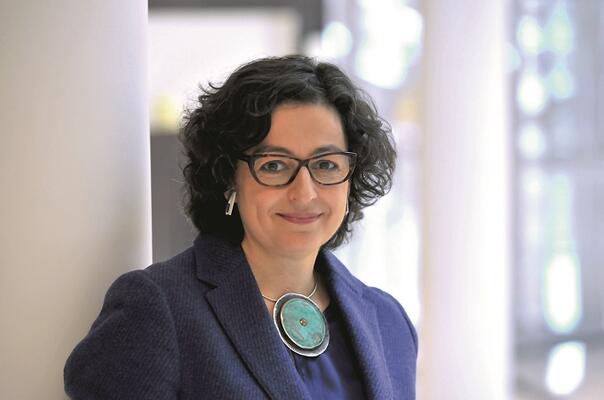
Sustainable tourism to sustain development (en)
For many small developing countries, tourism is a major income earner. A growing number of the International Trade Centre’s (ITC) focus countries – smallisland developing states, small vulnerable economies, and least developed countries – regard the tourism sector as an important contributor to GDP and job creation, and as a platform for better developing backward and forward linkages in their economies. After all, worldwide tourism accounts for close to 10% of GDP, equivalent to around US$7.5 trillion, and is responsible for one in 11 jobs. The importance of tourism is also reflected in several of the goals of the 2030 Agenda for Sustainable Development and recognized as a crucial tool in the global community’s effort to eliminate extreme poverty.
However, where tourism represents an important income earner, it can also expose countries to increased external risk. An economy can be severely hit by travel bans and travel warnings, and may become dependent on the whims and fancy of the increasingly discerning traveller. Tourism may also increase countries’ vulnerability to natural or man-made disasters if not properly managed.
Tourism is therefore not enough to sustain development. What is needed is sustainable tourism. An economy based on tourism needs to be carefully managed: finite resources must be protected and people employed in the tourism industry must be able to sustain their families. In this regard, future tourism offerings will be able to take advantage of an increased demand by consumers for tourism products that are ethically, socially and environmentally sensitive.
During my visits to projects in the field, I have been fortunate to experience some of the amazing tourism products on offer. From the beaches of Barbados to safari in Kenya and Cambodia’s ancient ruins. And let’s not forget the gorillas in Rwanda’s national parks, the mountains of Nepal and Costa Rica’s nature reserves.
I have also seen the vulnerability and negative ecological footprint in some other places. A hurricane can decimate annual incomes in a few hours and lapsed standards can erode – literally and figuratively – historical landmarks and destroy cultural heritage. This is why in all of ITC’s tourism projects sustainability plays a huge part.
In Myanmar, for example, ITC has been working for several years to support the building of a tourism industry in Kayah state (see Pages 30-32). In Liberia, ITC is working with the government to develop long-term plans for building soft infrastructure that will help bring back tourists to the unspoilt beaches of the West African country.
For both examples, it is about building long-term viability in the tourism industry that helps create jobs that respond to market needs and that goes hand-in-hand with protecting local culture and local wildlife. An award received at the ASEAN Tourism Forum for our work in Myanmar in the category ‘ASEAN Homestay and Community- Based Awards’ is one of the reflections of the success of ITC’s approach.
There are also a myriad of opportunities to create and deepen linkages within the economy. Tourism is not just an isolated sector. In fact, better linking tourism to the agri-processing, handicraft, textiles and wider services value chain can have exponential impacts on the economy. In Saint Lucia, ITC works with the Saint Lucia Trade Export Promotion Agency (TEPA) to help create a ‘Taste of St. Lucia’ brand that offers much potential to catalyse these wider links for local SMEs operating in several areas, including the hospitality sector (see Pages 20-21).
Recognizing the importance of tourism for our focus countries, we recently entered into a strategic partnership with the UN World Tourism Organization (UNWTO) that opened its Geneva offices at ITC’s premises in January 2017. At ITC we are therefore particularly proud to be supporting the International Year of Sustainable Tourism for Development, led by our colleagues at the UNWTO. We look forward to working with other international agencies to ensure that tourism is built on principles that are fair, inclusive, sustainable and environmentally friendly.



